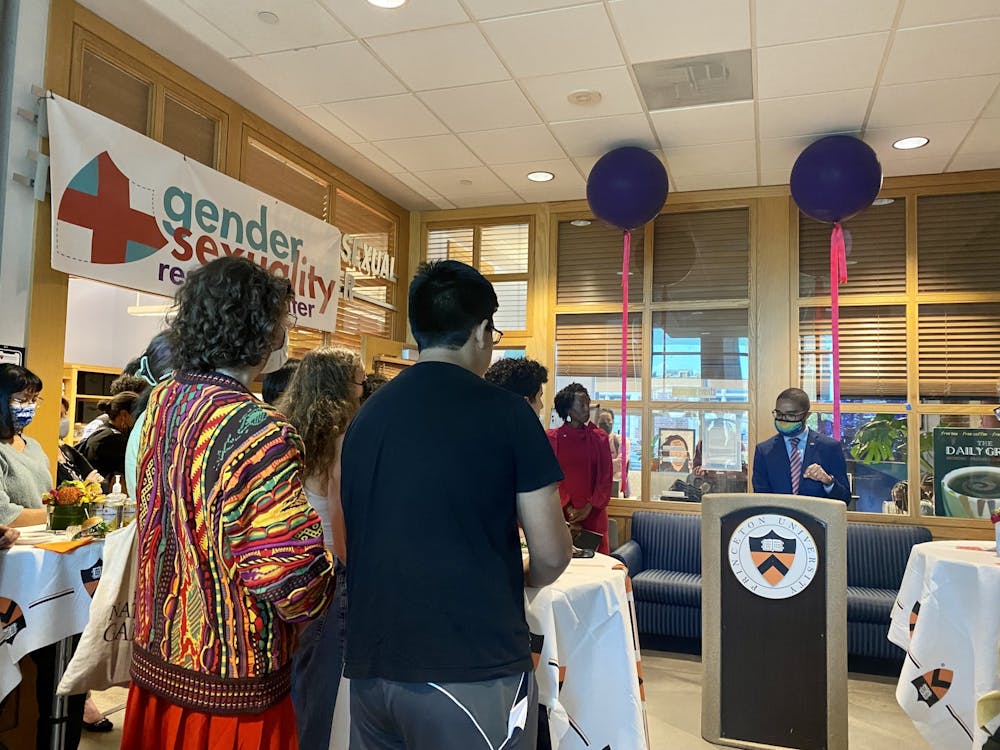On Jan. 27, I opened my phone and immediately felt my stomach sink. The Parental Rights in Education bill, more commonly known as the “Don’t Say Gay” bill, had just been passed in Florida’s House Education and Employment Committee on Jan. 21, and was now moving through Florida’s legislature.
If made law, the bill would ban Florida educators from talking about LGBTQ+ topics. The bill itself states that educators “may not encourage classroom discussion about sexual orientation or gender identity in primary grade levels or in a manner that is not age-appropriate or developmentally appropriate for students.” The bill also contains some concerning language regarding parent notification policies, which implies that educators will not be permitted to withhold information about a student’s sexual orientation or gender identity from parents.
For students who have already begun to question their identity, these constraints are incredibly dangerous. Removing the freedom to seek out school counselors and teachers as confidants will limit (or completely eliminate) the support that these children receive. By eliminating schools as a safe place to question their identity, the bill forces students to grapple with their emotions alone and isolates them from peers and mentors.
A further cause for concern is that this bill bans any true education about sexuality or gender identity at all. It completely removes the vocabulary needed for current and future exploration. Without hearing about LGBTQ+ identities, many students will be completely unable to understand or articulate their feelings, both as children and later as young adults. Thus, it’s essential that all schools — from elementary schools to universities like Princeton — maintain safe spaces for exploration and prioritize queer education.
My own journey with sexuality has been long and complicated. Even in a largely safe family and school environment, and even though I began questioning far earlier, I didn’t come out until my senior year of high school. I can only explain this delay by stating that grappling with one’s sexuality is hard. It involves a deprogramming of heteronormative standards and ideals, the loss of the ease that comes with conforming to those standards, and the ever-challenging issue of labeling. Furthermore, as I learned over the course of my senior year, discovering one’s sexuality is not a one-and-done deal. It takes time to deprogram and think introspectively, and many of my friends in the queer community (myself included) are continuously questioning and exploring.
I say all of this to stress the importance of conversation and education. As I explored my identity and eventually came out, I was able to draw on the vocabulary and education I’d received to define my emotions. I had to seek additional resources, but I had the basics, and that was enough to begin. The process of questioning one's identity is a hard and vulnerable process, and without that baseline understanding of sexuality and gender identity, as well as the knowledge that I could question my identity safely, it would have taken me much longer.
It’s absolutely crucial that schools create safe places for this kind of exploration and that they provide students with the basic vocabulary needed to begin one’s journey. Princeton is no exception. Indeed, in many ways, Princeton now has an obligation to compensate for this bill and others like it. For many, college is the first place that provides enough freedom to consider sexuality and gender identity. Away from their home communities, living and learning with people from various backgrounds, some students find themselves finally acknowledging and understanding long-held feelings and questions about sexuality.
Thus, as Florida moves backward, it's important for Princeton to move forward, by pushing for campus to be a safe space for all students to be queer and explore sexuality. This includes work on the part of the administration — AJ Lonski ’23’s recent op-ed about his experiences on Princeton’s wrestling team revealed that there is a clear need to address and work against homophobia present on campus, especially on athletic teams.

The Gender + Sexuality Resource Center (GSRC) does create a number of events and information sessions to increase queer visibility, but its reach is limited to those who express interest in the first place. Thus, the university must support the GSRC in disseminating information, perhaps by better integrating queer education into the First Year Residential Experience (FYRE) sessions, advisee group meetings, or mandatory discussion sessions for other groups. Furthermore, Princeton must investigate instances of homophobia (such as the instances outlined in Lonski’s article) and truly listen to the LGBTQ+ community’s needs and demands regarding homophobia on campus.
Yet creating a safe place to be queer also includes work on the part of the students — including those who are a part of the queer community. To foster a safe community means to create a space in which it’s okay to not have all the answers, or to be unsure of your sexuality. It means supporting students as they question and come out, not pressuring anyone to label themselves, and especially for already-out students, it means helping to guide and educate friends. For those not a part of the community, it means being open to learning and practicing tolerance and acceptance.
As future leaders, we should see this bill in Florida as a sign to work towards more comprehensive and progressive education and legislation. But for now, as current students, we should see it as a sign to improve the queer experience on our own campus.
Lucia Wetherill is a first-year from Newtown, PA. She can be reached at lw2158@princeton.edu.









